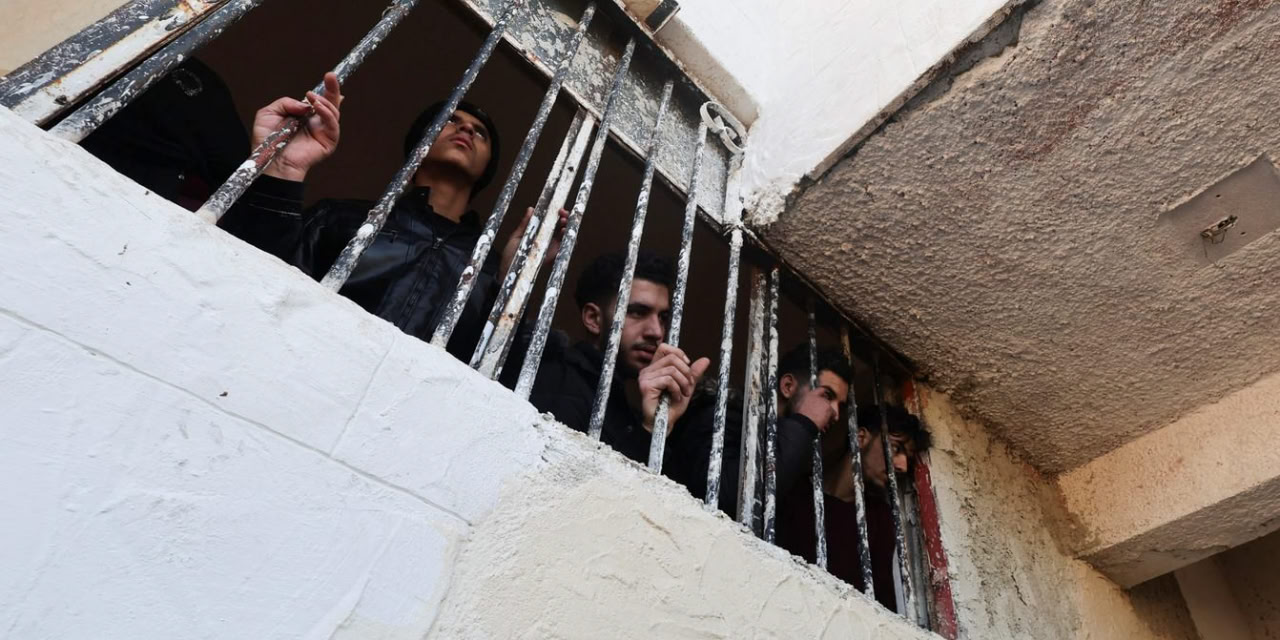
On the International Day in Support of Victims of Torture, the UN reiterated its support for Syrians who endured systemic abuse under the now-deposed Assad regime. Najat Rochdi, the UN Deputy Special Envoy for Syria, underscored the need for justice, stating that “torture was systematic, widespread, and a crime against humanity in Syria.” In a post on X, Rochdi declared, “There is no healing without justice, no peace without uncovering the truth, and no future without accountability.”
Her comments reflect mounting international resolve to address a legacy of brutality that defined the Assad regime for over a decade. Under Assad, torture became an institutionalized method of control, carried out with impunity by security agencies and in detention centers across the country.
The Numbers Behind the Horror
A June 26 report from Syrian Network for Human Rights (SNHR), shows at least 45,342 people died under torture since March 2011, including 225 children and 116 women. Over 99% of deaths occurred in facilities controlled by the Assad regime. Most of the fatalities were recorded between 2011 and 2014, when the regime’s campaign of arrests and enforced disappearances was at its height.
SNHR documented the use of at least 72 torture methods, ranging from electrocution and beatings to sexual violence and starvation. Victims included children, the elderly, and people with disabilities. The practice was not only widespread but often targeted individuals based on their regional affiliation, particularly from liberated areas such as Daraa, Homs and Damascus countryside.
International Justice on the Table
Legal efforts to hold Assad-era officials accountable are gaining traction. The Netherlands and Canada brought a case against Syria before the International Court of Justice (ICJ), accusing the regime of gross violations of the Convention Against Torture. Following Assad’s fall, Syria’s new government expressed full support for the case, calling it essential to the transitional justice process.
The Syrian Ministry of Foreign Affairs described the volume of evidence—photos, forensic reports, and survivor testimonies—as overwhelming. The ministry pledged to work closely with both countries and international institutions to prosecute perpetrators and prevent any return to impunity.
Commitment to Reform and Non-Repetition
Syria’s government placed transitional justice at the center of its policy, forming a Transitional Justice Commission and committing to legislative reforms. Officials have already begun releasing detainees held in torture-linked prisons and have vowed to cooperate with nations where perpetrators may have fled.
Syria’s Constitutional Declaration now explicitly upholds international human rights treaties, including the Convention Against Torture. These changes, the Foreign Ministry stated, mark “a resolute break from the past,” and have been acknowledged by the Human Rights Council as steps toward building a future where dignity and rule of law take precedence.
Justice as a Foundation for Peace
As Syria grapples with the aftermath of authoritarian rule, international and domestic actors unite around a common goal: accountability. The process will be long, but for victims and survivors, the pursuit of justice is not only a legal imperative—it is the cornerstone of rebuilding a country once shattered by fear.








